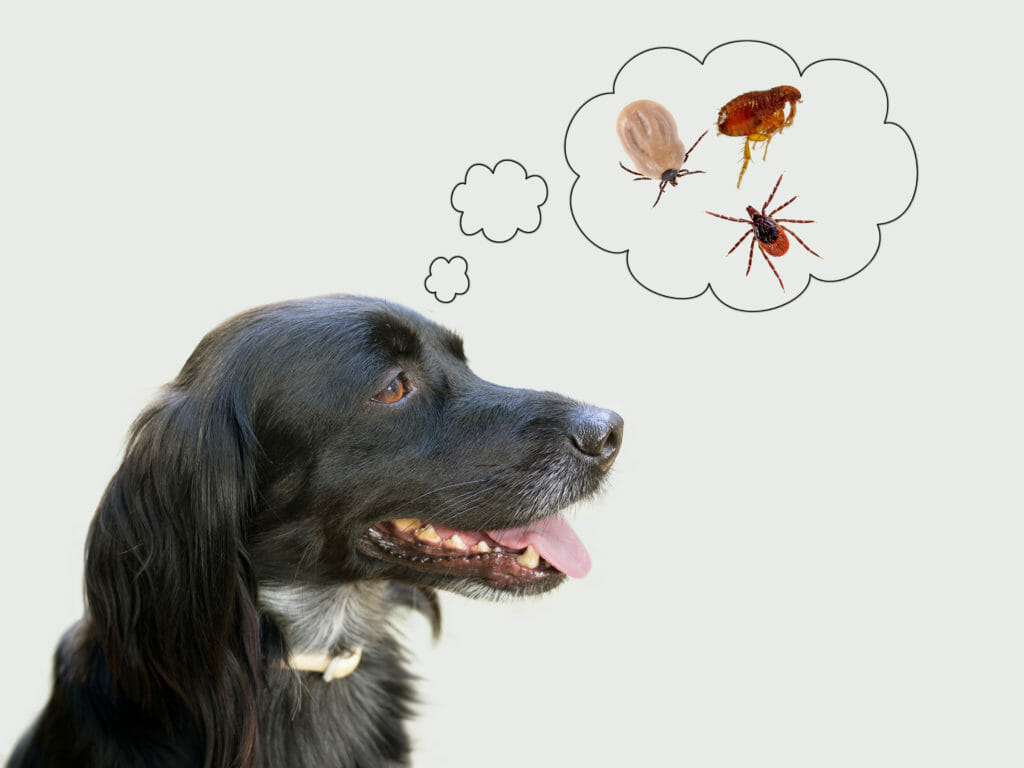We celebrate our senior pets! Even if you don’t have one currently, there may come a day when you look at your furry best friend and realize they have a grey muzzle. Just like humans, as our pet ages, the sensory ability of the eye and ear begins to decline. These are normal processes. While not every animal will experience all of the effects, each will appreciate the extra help and understanding.
Sight
Like us, our pets can develop normal loss of vision and some may develop cataracts or blindness. If this occurs, our older pets may not notice things as quickly or may seeming to ignore visual cues. Try to be extra conscientious of hazards and exercise patience. Older pets may need to rely on memory to get around obstacles like couches or tables. So while you may think the new feng shui in your living room is great, our pets can find this confusing and scary. When we have senior pets with visual impairments, we may have to void making these kinds of changes unless necessary.
Hearing
Loss of hearing is also normal with age, and may affect all animals differently. Without auditory warnings, sometimes our older pets can startle more easily. Utilizing vibrations (thumping the floor before your approach) or a gentle touch can help our older pets feel safe. Remember not to take offense if your best friend no longer greets you at the door, or doesn’t come running at the sound of the can opener or food bag.
Taste and smell
Sometimes changes in the sense of taste and smell can plague or senior pets. This can be troublesome if this worsens the appetite of our finicky felines and picky pooches that already have a tendency to be undernourished. We may need to take extra care in monitoring dietary intake, and nutritional supplements may be recommended.
Cognitive function
Some pets may also experience a decrease in cognitive function (mental processing). This can lead to frustrating behaviours like house soiling, wandering, and vocalizing. It is important that we separate the presumed behavioural issues with what may be a medical issue. Consultation with your veterinarian is important. This also helps to determine how much this issue is affecting your pet’s quality of life.
Other concerns
Be aware that many medical issues can cause symptoms similar to the appearance of aging. It is important to seek your veterinarian’s advice if you start to notice these signs in your pet:
- Slipping, falling
- Slow movement or reluctance to jump
- Bumping in to walls
- Incontinence
- Coughing
- Weight loss
- Seizures
- Loss of Appetite
If there is an underlying problem, proper diagnosis can assist treatment to improve your pet’s quality of life.




